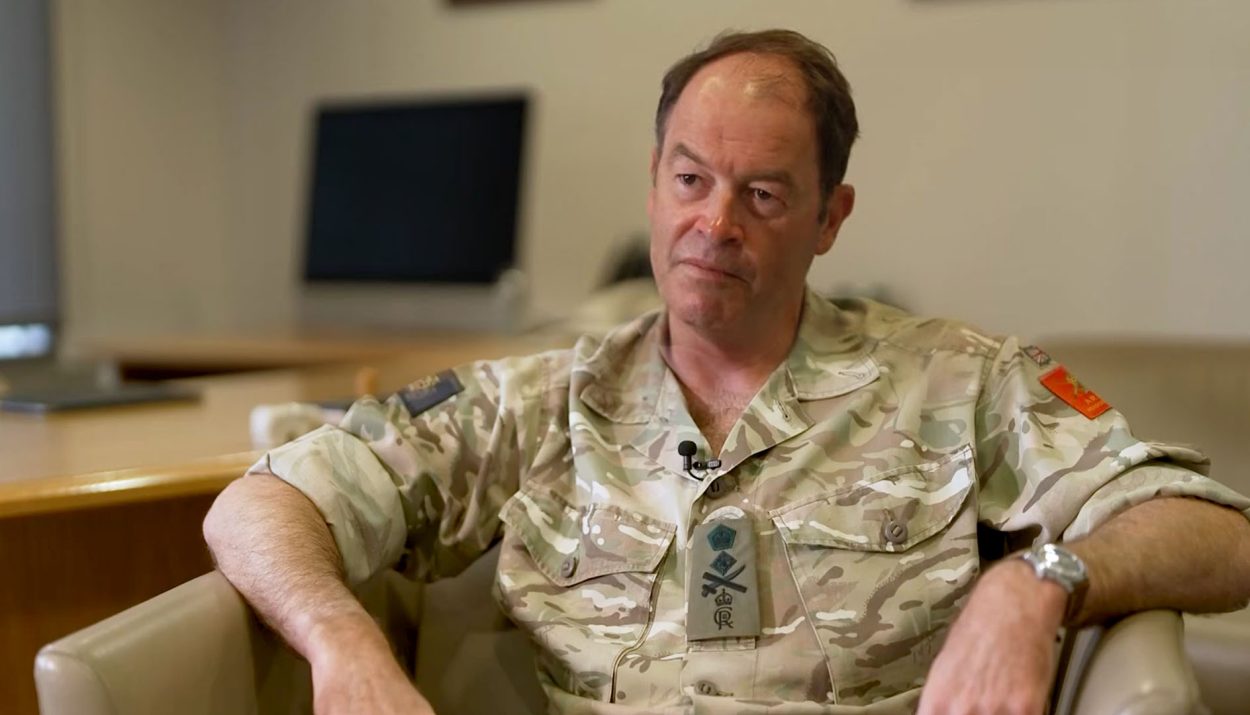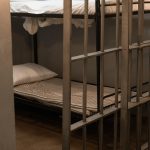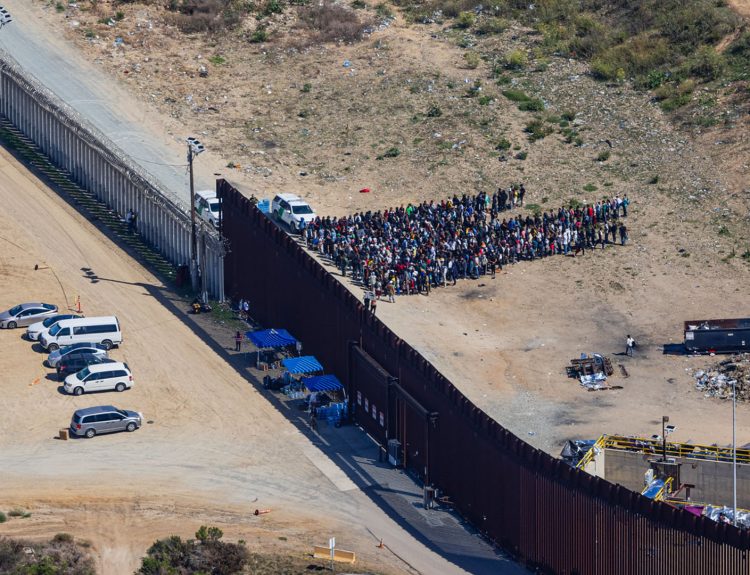After over a century of clean-shaven soldiers, the British Army is finally entering the bearded era. Following a recent review and survey showing an “overwhelming majority” of troops felt it was time for a change, the Army has lifted its ban on beards for all ranks.
Starting Friday, soldiers will be free to sport facial hair as long as they keep it well-groomed. The new policy brings the Army in line with the slightly more relaxed grooming standards of the Royal Navy and Royal Air Force. However, some old-school higher-ups are sure to grumble about the break from tradition.
Army Ends 100-Year Beard Ban, Allowing Facial Hair
The British Army has overturned its century-old ban on beards, allowing soldiers to sport facial hair for the first time.
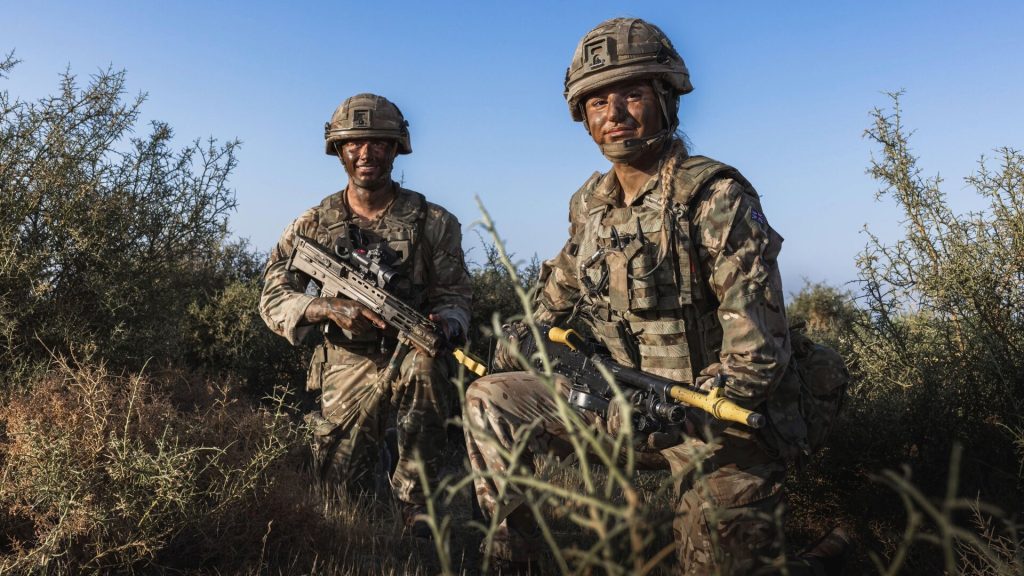
Soldiers were previously prohibited from growing beards under Queen Victoria in the mid-19th century. However, after reviewing policies on appearance and conducting a survey of troops, the Army has decided to modernize.
Opening the Door to Inclusivity
According to senior defense sources, the original beard ban aimed to promote uniformity. But as the Army has struggled to recruit new soldiers, especially younger candidates, it looked for ways to seem more inclusive.
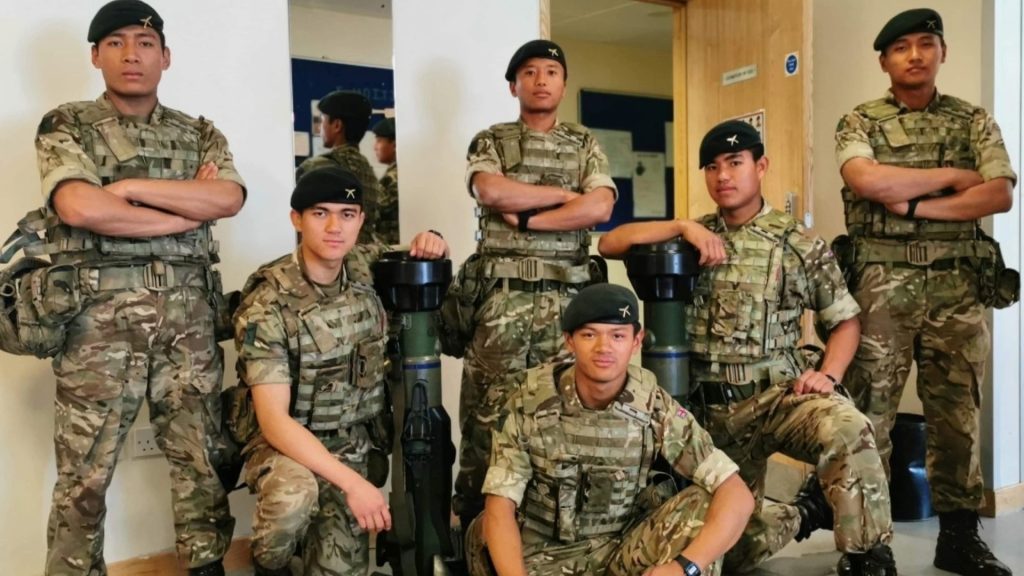
Allowing beards is seen as a way to encourage men who prefer to have facial hair to consider a military career.
Maintaining Professional Standards
While ending the beard ban brings the Army in line with the more permissive policies of the Royal Air Force and Royal Navy, leaders stressed that standards must remain high.
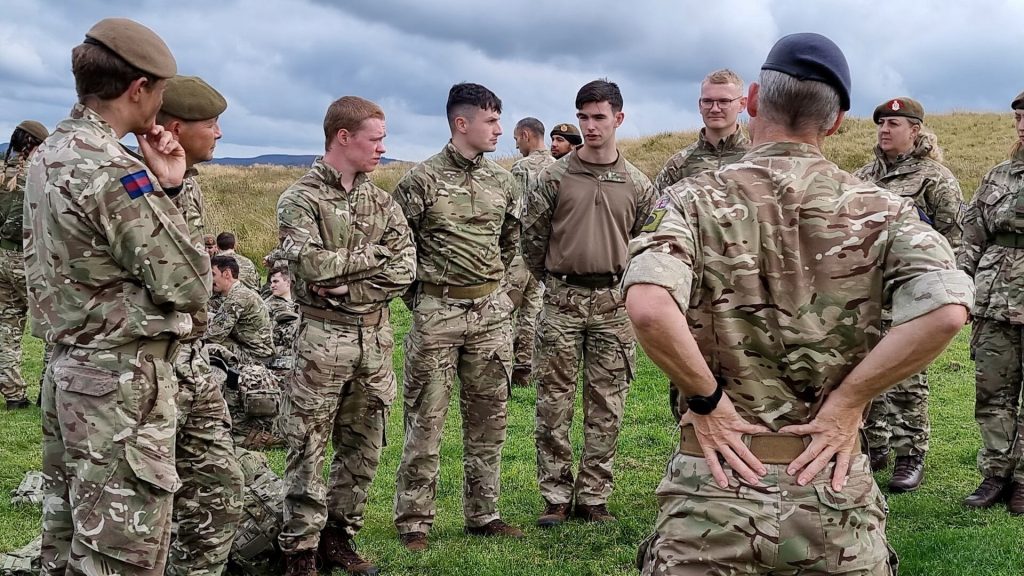
The Army Sergeant Major said in a video announcement, “Our standards can’t drop. The Army has a reputation for professionalism and a smart turnout.” Beards that do not meet regulations won’t be allowed.
A Sign of Changing Times
What was once seen as necessary for uniformity and discipline is now viewed as an outdated practice that fails to recognize the diversity of today’s recruits.
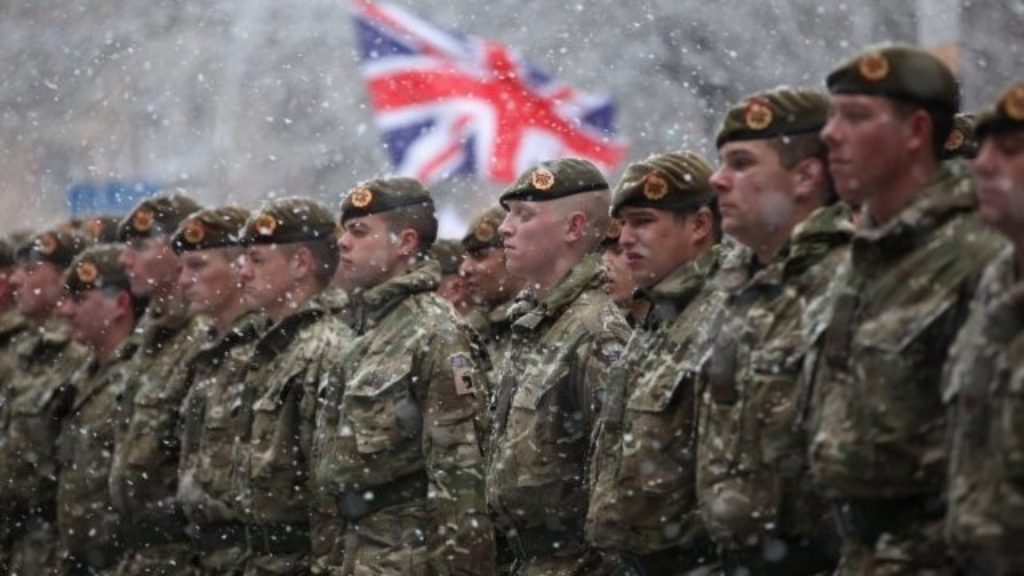
While traditionalists may disagree with the move, others see it as a sign of progress that brings the Army into the present day.
New Beard Policy Takes Effect Friday
As of Friday, the Army’s century-long beard ban finally comes to an end. This change in policy will allow soldiers the freedom to grow facial hair for the first time.
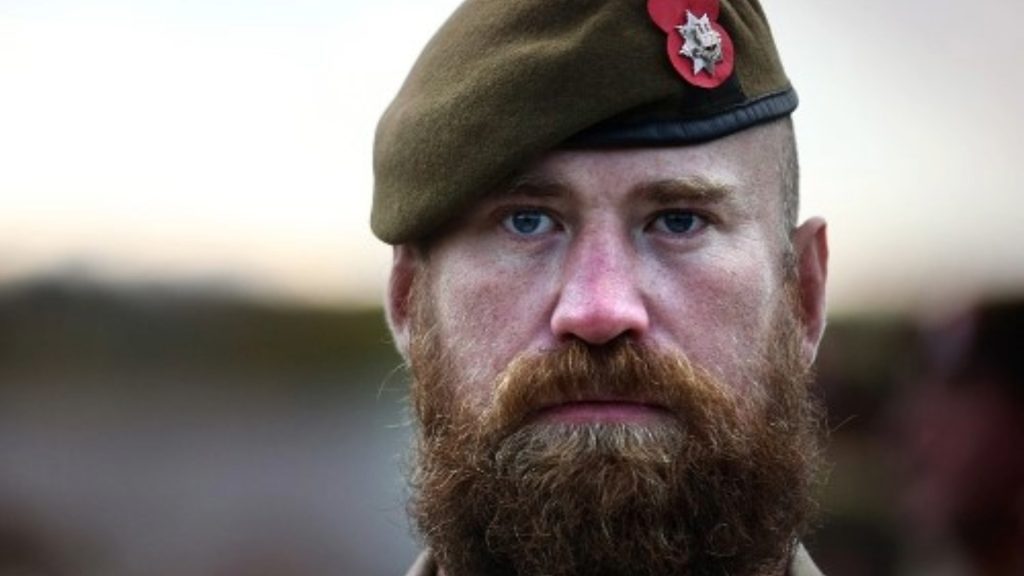
The decision comes after the British Army conducted surveys of both active duty and reserve personnel, finding an overwhelming majority felt it was time to change the policy.
Survey Shows Overwhelming Support for Change
The survey conducted found an overwhelming majority of soldiers felt the beard ban needed to end. According to sources, over two-thirds of respondents voiced support for rescinding the outdated policy.
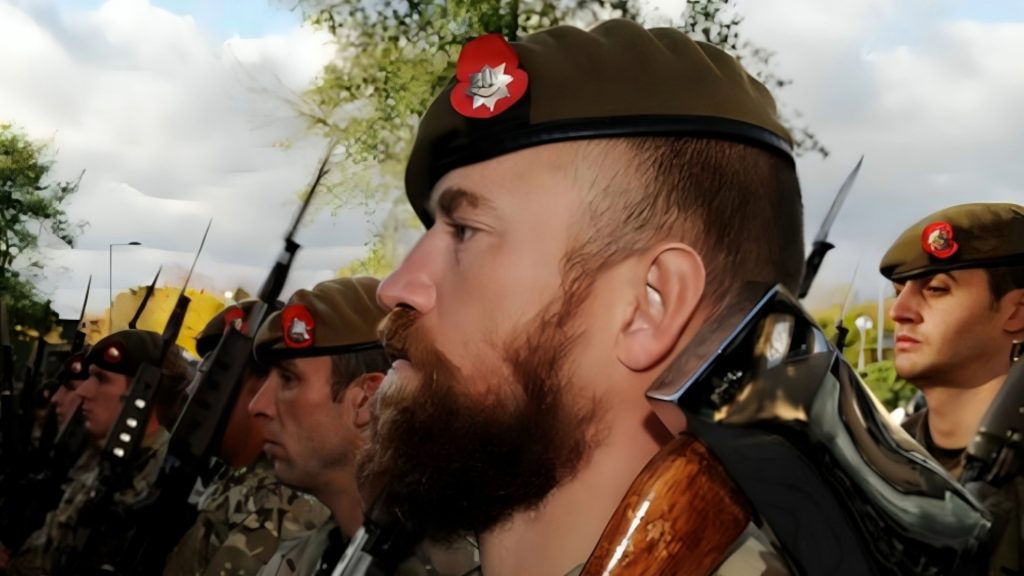
Soldiers will now have the choice to express themselves in a way that was previously forbidden. For some, facial hair is an important part of their cultural or religious identity.
Practical Considerations
Some dissenters argue that beards will interfere with equipment and the need for uniformity. However, as technology and threats have evolved, any equipment can still function effectively for those with facial hair.
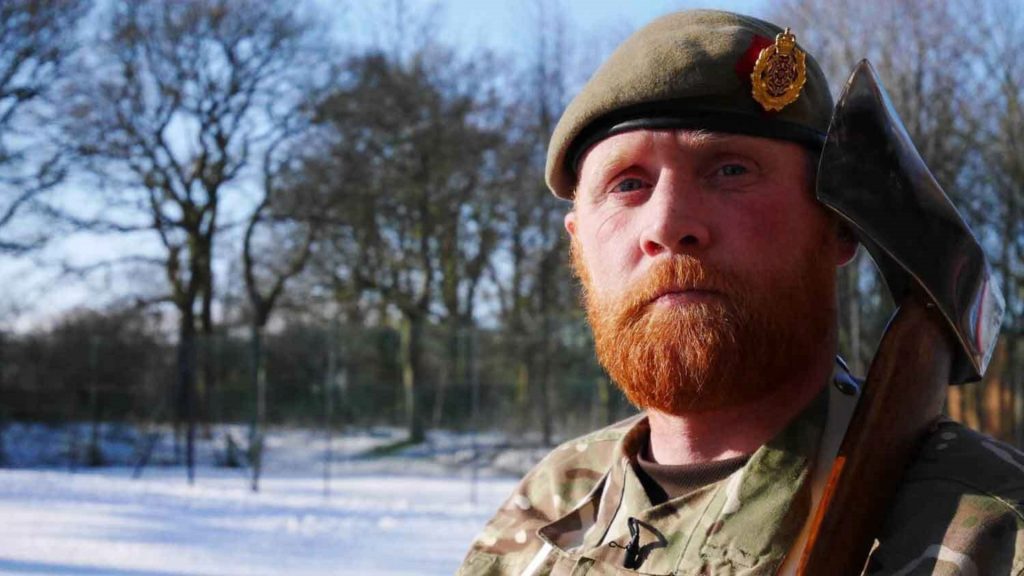
Strict grooming standards will also ensure that any beards worn remain well-groomed and professional in appearance.
Gas Masks and Other Equipment Still Usable
Some critics argue that beards will interfere with gas masks, but the British Army has determined this will not be an issue if beards are kept to proper lengths and trimmed appropriately.
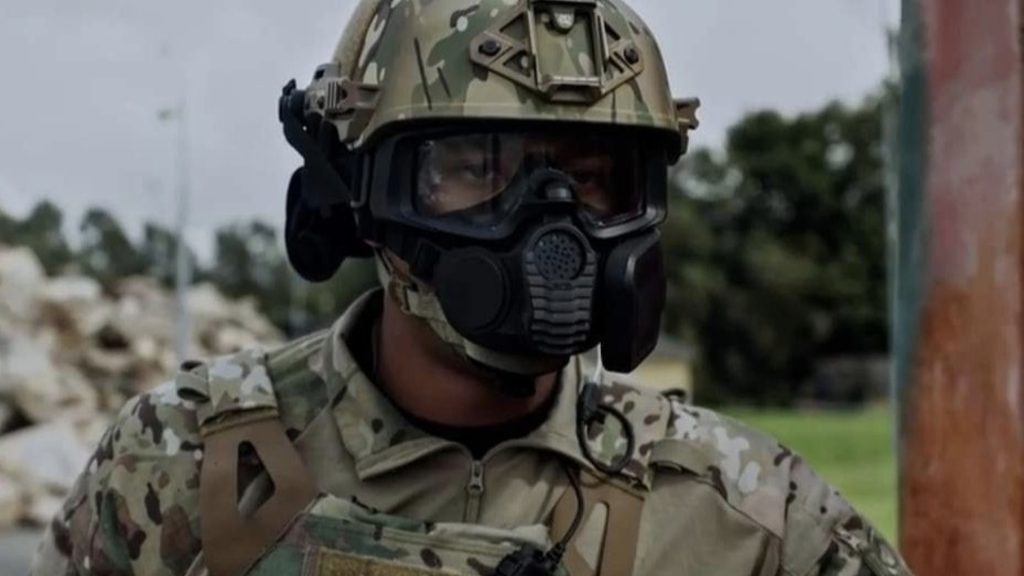
While there may be “dinosaurs” who disagree with modernizing the policy, the Army has studied the issue thoroughly and believes soldiers cn have neat beards and still use all necessary gear effectively.
Recruitment Struggles Prompt Review of Appearance Rules
The Army has struggled with declining recruitment numbers in recent years. Strict appearance rules, like the century-old ban on beards, have been seen as barriers to attracting recruits.
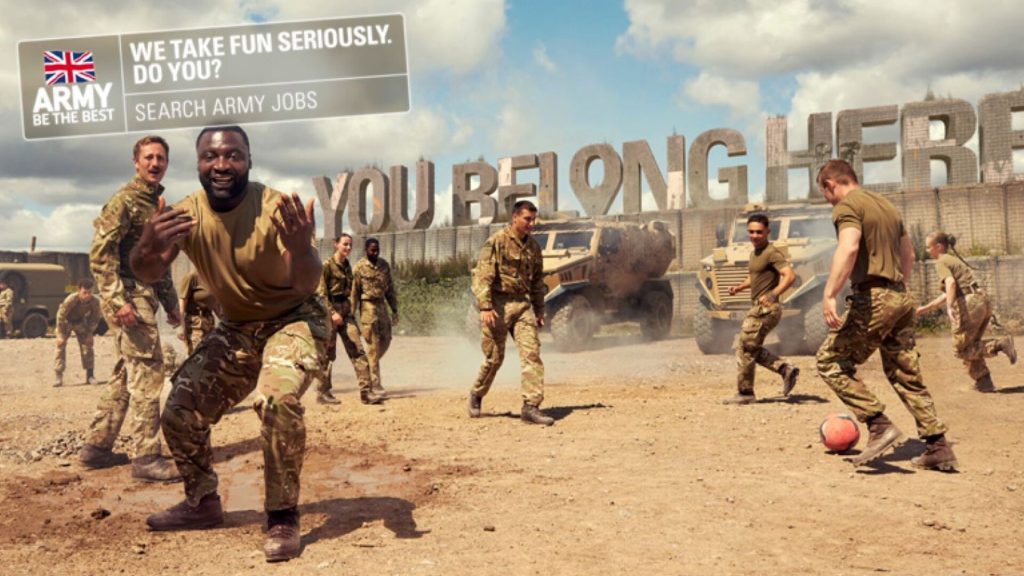
According to senior defense sources, the ban was implemented to ensure uniformity in appearance across the ranks.
RAF and Navy Already Allow Beards
The RAF policy stipulates that beards must be ‘neatly trimmed’ and not exceed a certain length to ensure gas masks can still be adequately sealed in the event of chemical warfare.
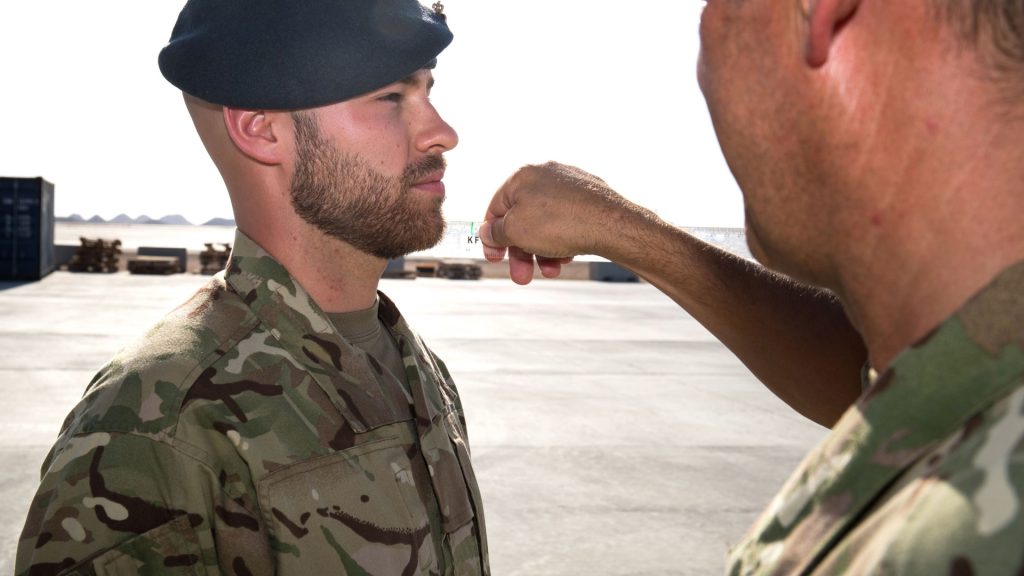
Similarly, the Royal Navy also permits beards as long as they do not interfere with operational effectiveness or health and safety regulations.
Maintaining Professional Standards and Public Perception
While opening up opportunities for self-expression, the Army must be vigilant to ensure changes do not compromise operational effectiveness or public perception.
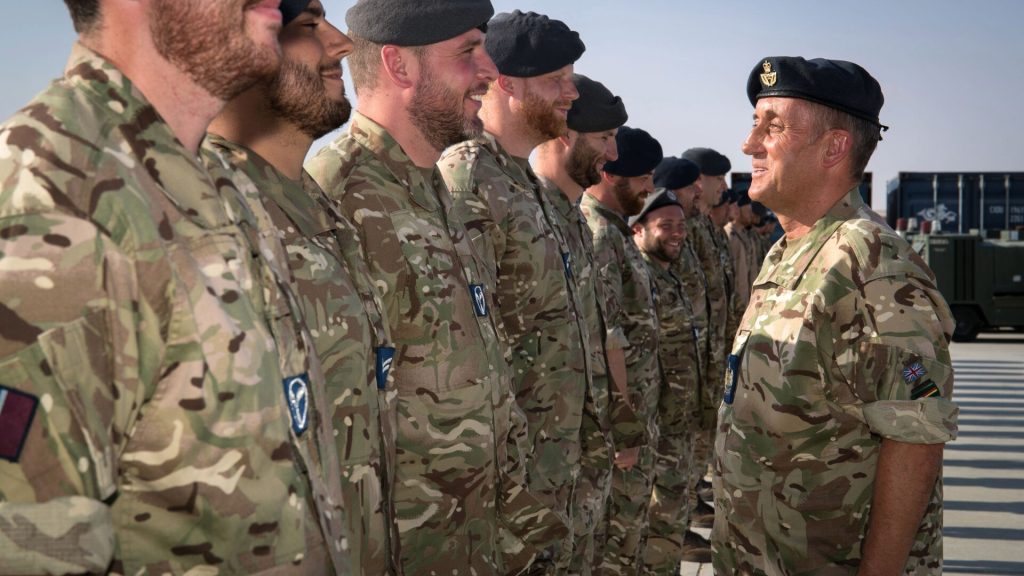
Many armed forces around the world, as well as police and emergency services, successfully integrate beards into their dress and appearance codes.
Army Leadership Committed To Maintaining Standards
With leadership’s commitment to upholding high standards and soldiers’ willingness to exercise good judgment, the Army can welcome beards while maintaining its reputation for excellence.
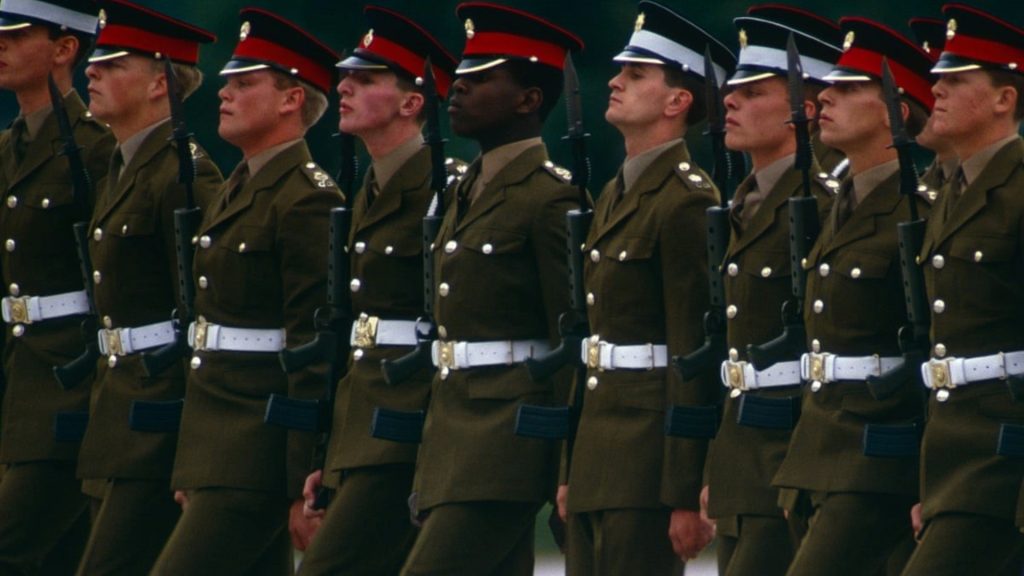
Strong leadership and clear communication of expectations to the ranks will be key to overcoming doubts and ensuring a smooth transition to the new policy.
There Will Be A Time For Adjustment
It will take time for soldiers and commanders to adjust to the new policy. The key will be enforcing professional standards of grooming and appearance.
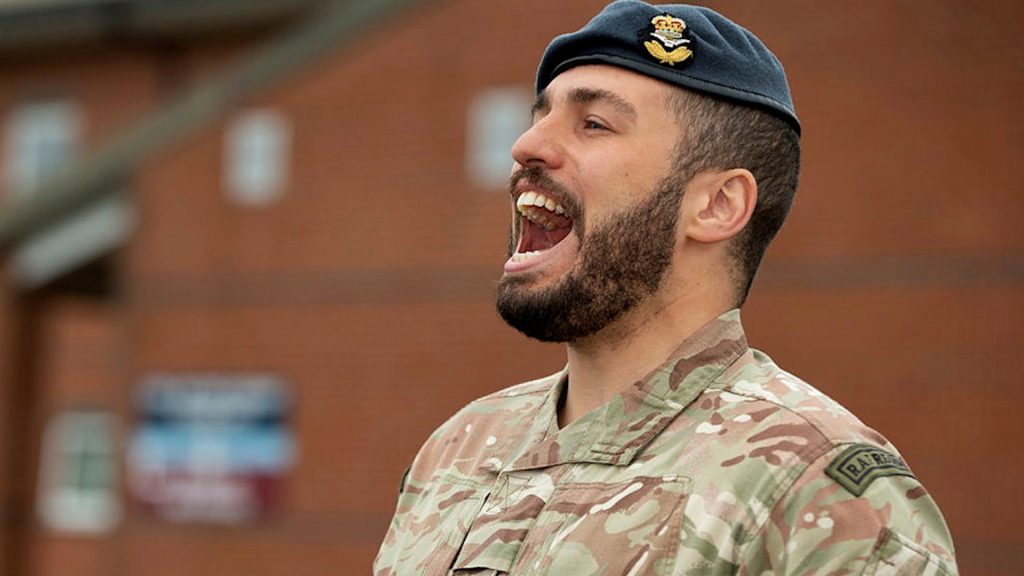
With time and experience, the appropriate length and styles of beards and mustaches for the Army will become clear. But readiness and discipline must remain priorities.
A Move To Potentially Onboard More Soldiers
With recruitment numbers down, this small concession to personal preference could attract new blood to the ranks.
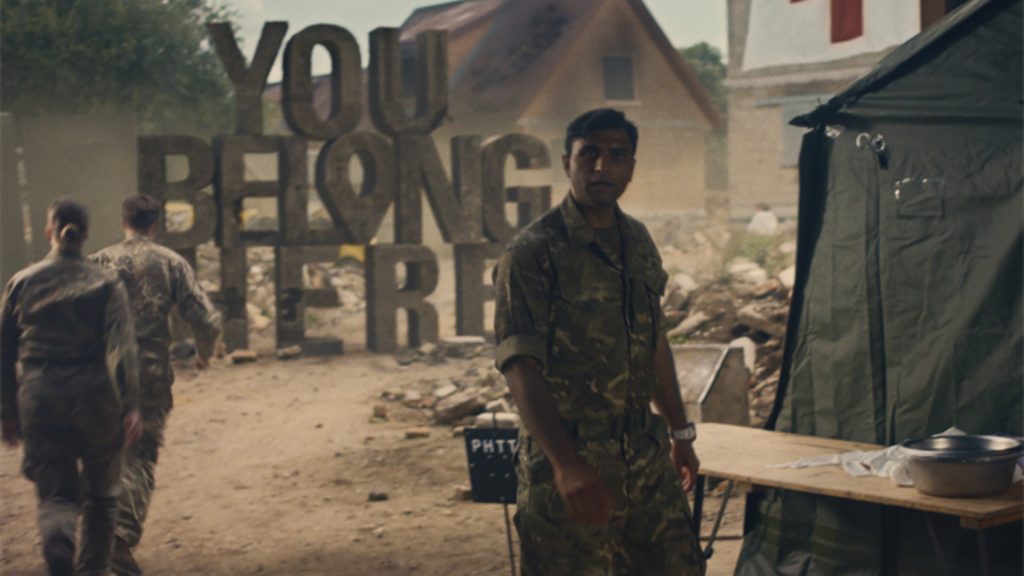
Either way, a bearded soldier is still a soldier. The elite training and dedication that define the British Army remain untouched, even if the chins come out a bit scruffier.

